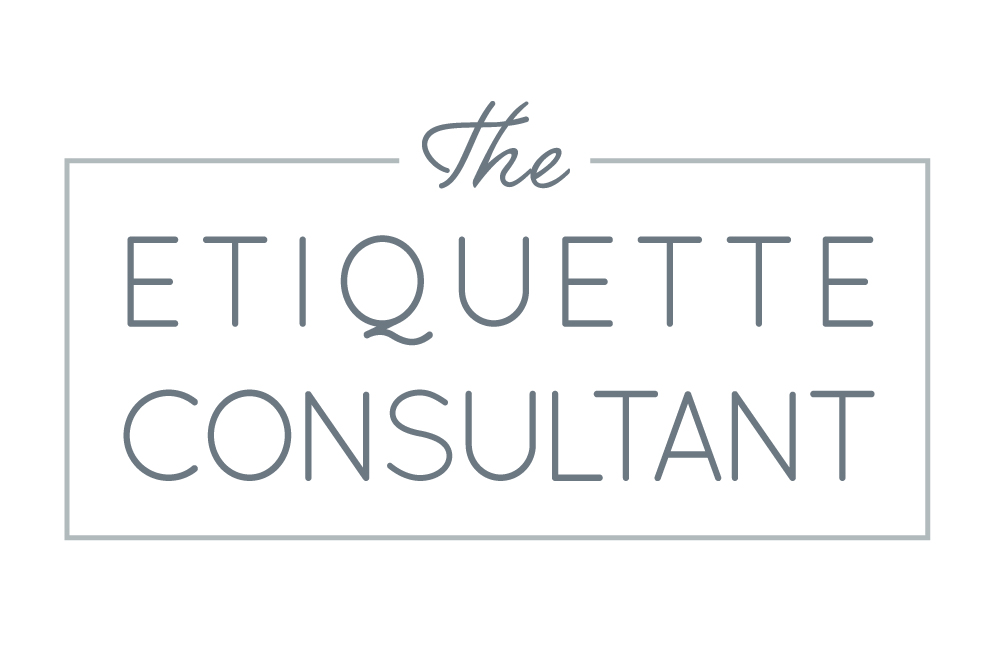(Authour: John Bramer)
The Guide to Sustainable, Zero-Waste, Ethical Weddings
A wedding should be one of the happiest days of a couple’s lives. The event brings friends and family together in a celebration of love. Drinks flow, food is devoured and, hopefully, everyone goes home having had a great time.
In all the excitement, it’s easy to overlook the impact a wedding might have on the environment. Sustainability is being spoken about more now than ever. Luckily, if this is something you want to take into account on your wedding day, you can.
Let’s find out how, as we explore the perfect way to host a sustainable, zero-waste, ethical wedding. We’ll break down the damage a regular wedding has, before introducing alternatives for you to try.
Introduction to sustainable and ethical weddings - Do you know how much of an impact your big day could have on the world around you? Here are some startling statistics which might make you reconsider how you want your wedding to be.
Waste generated by the wedding industry - Everything we throw away which can’t be recycled has a negative impact on the environment. If something isn’t biodegradable, it could take thousands of years to break down naturally. Plastic is unsurprisingly at the heart of the issue. Reports suggest that 4,910 tonnes of unrecyclable plastic was used up and left behind at British weddings last year. That’s the equivalent to 47 Blue Whales. Individually, one wedding can produce as much as 20kg of plastic waste. What’s more, the black bags used to collect the rubbish are themselves potentially harmful. They can take as many as 90 years to break down under the ground. But it’s not just plastic which has an impact. Food wastage is also a common theme for most weddings. A study from Sainsbury’sreveals the extent of this. Their figures show that:
· On average, £488 is wasted on food at every wedding
· 15% of people would only eat one or two of their three courses
· The same number, 15%, of newlyweds would throw the remains of their cake away
· 37% of guests don’t eat edible wedding favours
To put the wedding wastage into context, the average family home will throw away roughly £700 in food in one year. In other words, a few hours at one wedding can account for 65% of a home’s wastage across an entire year.
The carbon footprint of wedding celebrations - Rising levels of carbon dioxide (CO2) in the atmosphere have directly led to warmer global temperatures, as warm air is trapped within the Earth’s atmosphere. As NASA highlight, this has directly led to shrinking ice sheets, warming oceans and a general rise in global temperature.Sadly, UK weddings are again one of the chief offenders when it comes to CO2 contributions. As many as 14.5 tonnes of the gas will be created during an average celebration. That’s a startling figure, given annual carbon emission per capita in the UK is just 9.1 tonnes. With roughly 250,000 weddings taking place every year, that’s a net result of 3,625,000 tonnes of gas being emitted.
The worst sustainability offenders at weddings - Some wedding troupes are more harmful than others. Here are a few common inclusions which you might not realise are having a negative impact on the environment.
Balloons - Often made of materials that don’t break down, balloons contribute to overflowing landfill sites. They also pose a serious choking hazard for wildlife like birds and sea creatures.
Confetti - Throwing confetti is a common tradition, but have you ever considered where it ends up after the celebrations are over? Unfortunately, this is another example of a material which won’t degrade naturally. That means it often ends up being consumed by animals.
Exotic flowers - It’s not something that immediately springs to mind, but transporting flowers which aren’t seasonal means you’ll need to move them from relatively far away. The net result is a higher level of CO2 emissions, as well as the use of potentially harmful chemical fertilisers which can pollute the soil.
Decorations - Paper comes in handy at a wedding, but it’s still worth considering where you can limit its use. Bunting, banners and even invites can use up resources which might not be sustainable. Either cut down on their use or make sure you’re only utilising sustainable materials.
Don’t worry, though. These are all common aspects of a wedding - which means alternative, eco-friendly options, have already been created. In chapter two, we’ll look at exactly what those options are.
Planning an ethical and sustainable zero-waste wedding - We’ve seen what some people are doing wrong, but how can you combat that? Hosting a zero-waste wedding doesn’t have to be hard.
Let’s discover how you can make each aspect of your big day more eco-friendly.
Eco-conscious wedding attire
Eco-friendly materials
Renting your attire
Choosing alternative attire
Ethical conflict-free rings
Conscious consumer wedding registry
Earth-friendly gifts
Fairtrade products
Small and local gifts
Organic and low-impact flowers
Eco-friendly décor
Lighting
Place cards
Confetti
Other natural materials
Eco-friendly wedding venues
Sustainable and organic food and catering
Food waste policy
Donate leftover food
Planning an eco-friendly wedding isn’t easy. But if you follow the advice we’ve offered here, you’ll find it doesn’t have to be as much of a challenge as you may first suspect.
To read the full article for more detailed useful advice, secondary sources and FAQs click here: https://www.77diamonds.com/sustainable-weddings
Authour: John Bramer @ thesixthdegree.media
Thank you John!
Julia Esteve Boyd
The Etiquette Consultant

